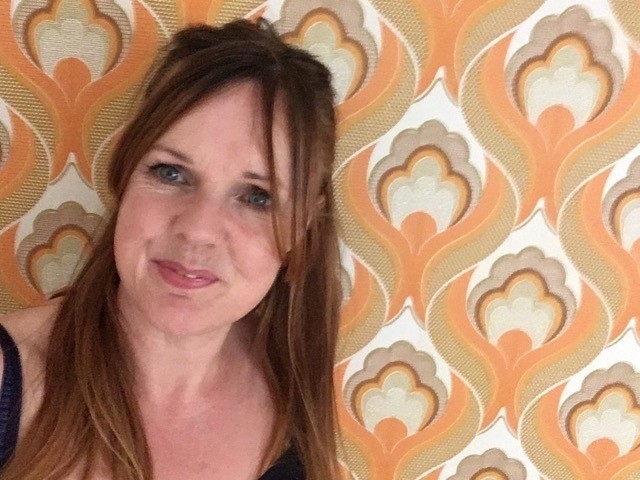
Take time for three deep breaths, a few times a day. Deep breathing slows our heart rate to a more rested state. This can help us feel more grounded. Each day bring minutes of breathing space to calm your nervous system.
Tune in regularly to your inner voice. Keep connected by noticing your thoughts, emotions and senses and stay in touch with your personal needs. Take time to recall memories and remind yourself of experiences when you have coped well before, be that tricky times in business or personally. Tap into your resilience and give your confidence a boost.
Keep on top of the latest information from trustworthy sources. Remember at times of fear and uncertainty our mind is more alert, looking for signs and potential threats. Maybe ration your need to keep checking news updates? Too much information can contribute to overwhelm and burnout. In the long run this may be counter-productive, if it stops you from keeping healthy and well.
Working and living in our home space, alone or with family, can bring new unforeseen pressures and gifts, as we work out our ‘new normal’. People may miss social connection, friendships and support from colleagues. Some people may have tricky home lives. We are all different. We cope, and adapt to change at our own pace. Some people want help; others may be more self-sufficient in taking time to adjust.
Keep curious and pay more attention to your mind, without judgment. Changes and restrictions to our normal routines, loss and disappointments for our future social plans can all add up. Starting to work from home, or increased pressure at work could trigger positive or negative patterns, thoughts and feelings. Underlying medical conditions may be activated, keep aware of yourself, your team and colleagues. Checking in “How am I today on a scale of 1 to 10? “Mindfulness practices may help.
Acceptance and adjusting to the changes we are all collectively experiencing is going to take time. Cultivating kindness and compassion for ourselves, and empathy for others helps us. Kindness calms our nervous system. Research indicates compassionate leadership helps us feel valued, connected and safe.
In times of stress we need understanding and a scaffolding of emotional support around us. Pause, catch your breath, become more aware and present in your conversations; listen better and hear more. Practice keeping open, checking in with yourself and others. Be in the moment with your loved ones, or your team (they will notice), it will make a difference.
Research tells us that nature has a calming effect on our mind and emotions. Soothe and replenish your senses and uplift your spirit with nature’s sights, sounds and sensations. Follow Government Guidelines on social distancing, stay two metres (six feet) away from other people at all times. Wash your hands as soon as you get home.
Plan for a marathon than a sprint. Eat well, hydrate and refuel your body. Make time to rest, recuperate and recover. Relax, switch off and sleep well, so you are resourced and resilient to go the distance. You future self will thank you!
Take in the good stuff, be really present in it, and totally absorb it to nurture and nourish your senses. Each morning write down 'Three things you are grateful for'. At the end of Your Day, remember 'Three good things that happened today'. Appreciating small things can provide priceless and precious instantaneous moments of joy!  Lou Booth is a Lancashire business owner, delivering coaching and mentoring services helping business owners, and their staff to thrive and flourish. She has been a mentor as part of Boost's Growth Mentoring Programme for eight years. Her passion for wellness has taken her to study internationally. As a business graduate and Tai Chi teacher, Lou is currently researching the benefits of mindfulness and compassion in coaching, as part of her MSc in Mindfulness, at Aberdeen University.
Lou Booth is a Lancashire business owner, delivering coaching and mentoring services helping business owners, and their staff to thrive and flourish. She has been a mentor as part of Boost's Growth Mentoring Programme for eight years. Her passion for wellness has taken her to study internationally. As a business graduate and Tai Chi teacher, Lou is currently researching the benefits of mindfulness and compassion in coaching, as part of her MSc in Mindfulness, at Aberdeen University.




The website uses cookies.
Some are used for statistical purposes and others are set up by third party services. By clicking 'Accept all & close', you accept the use of cookies. For more information on how we use and manage cookies, please read our Cookie Policy.